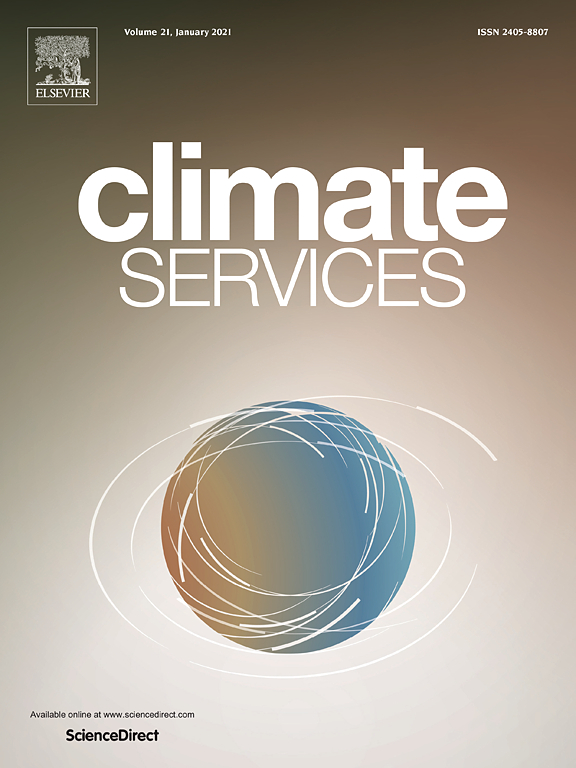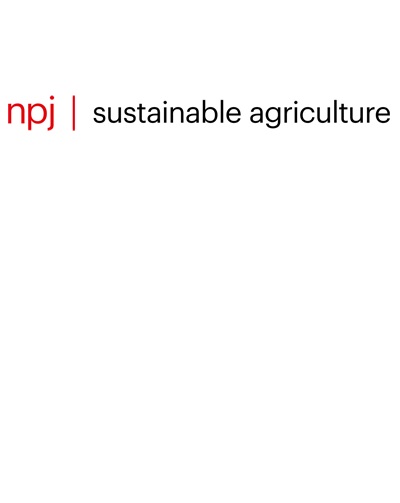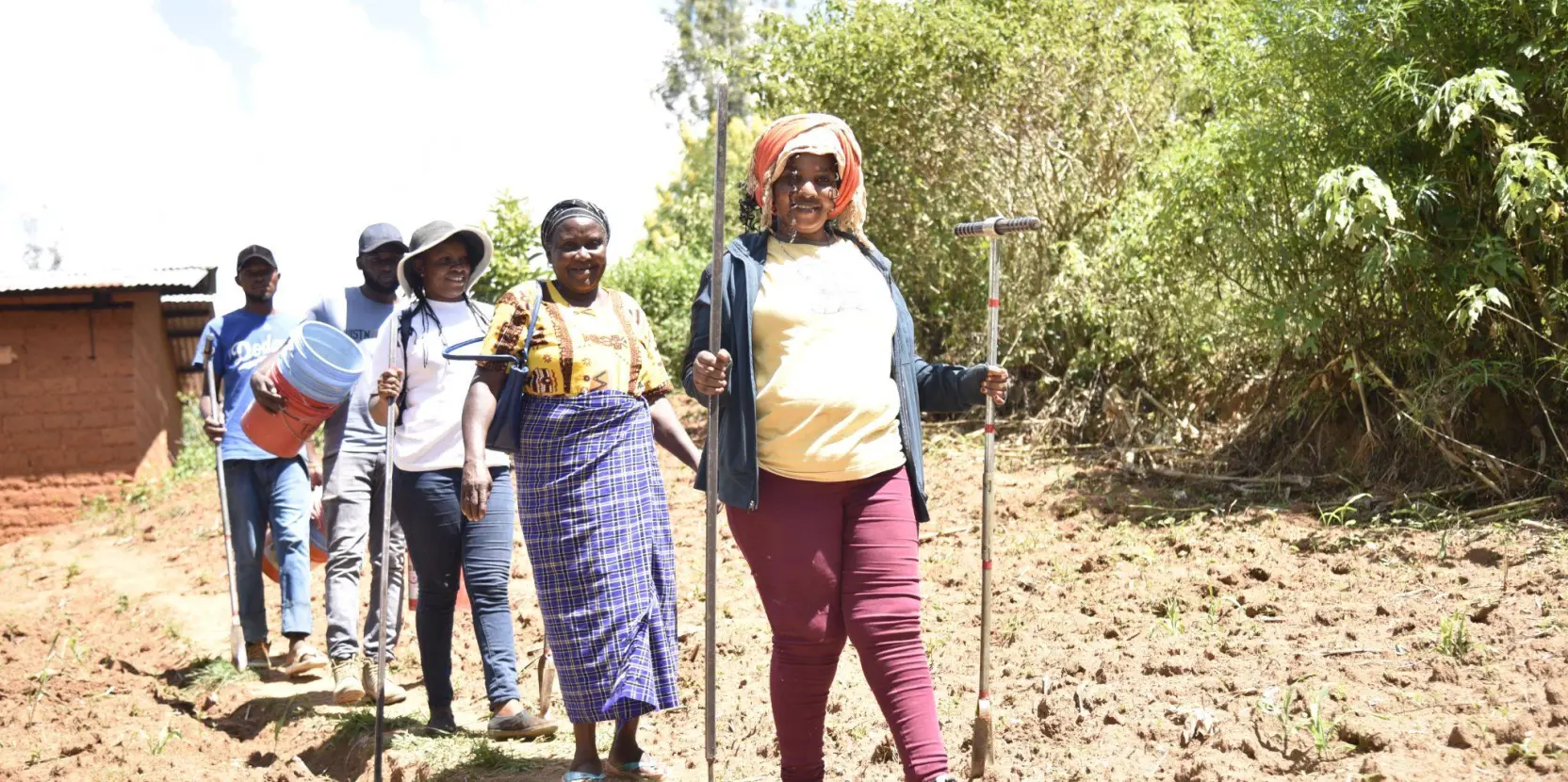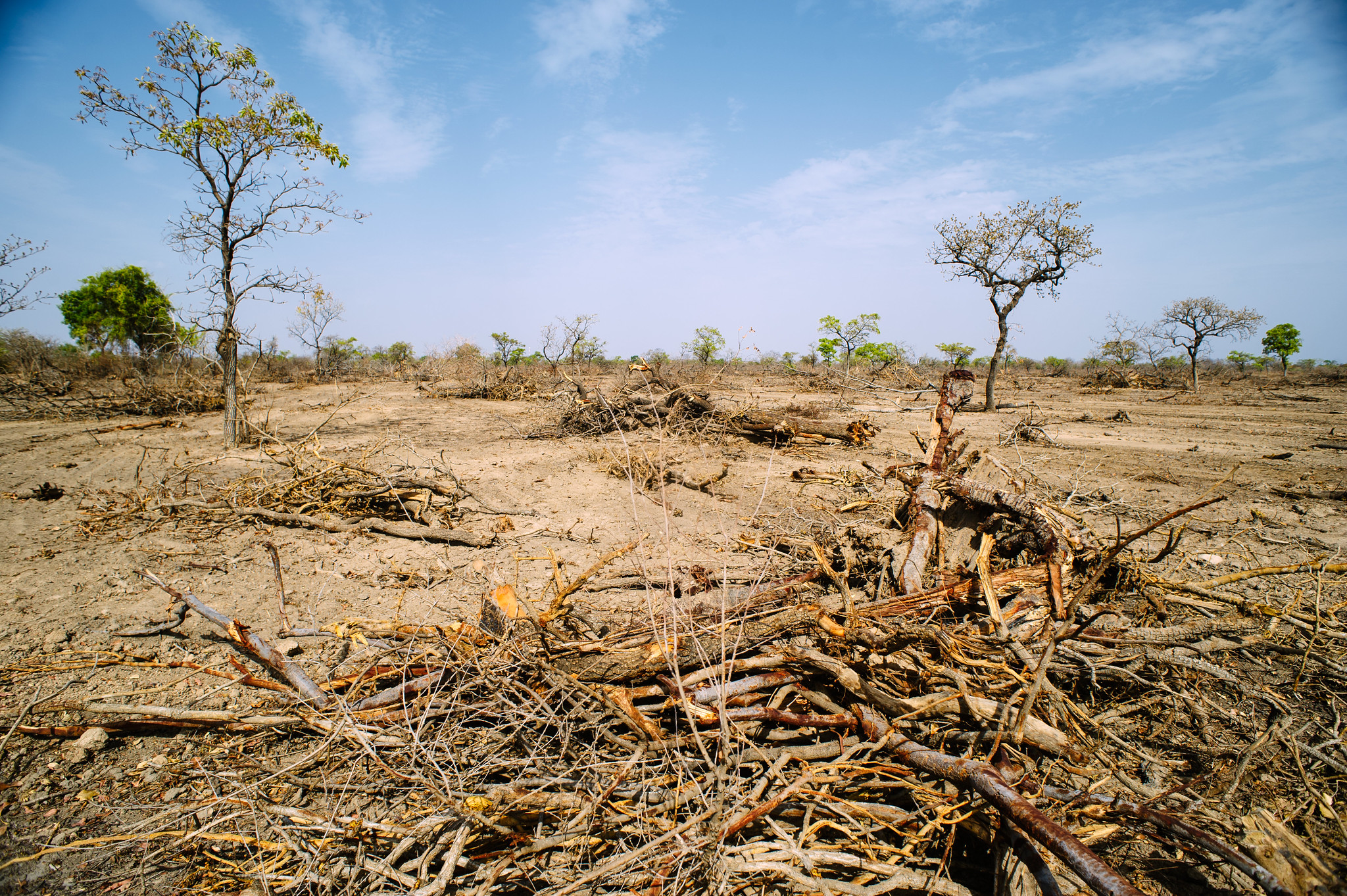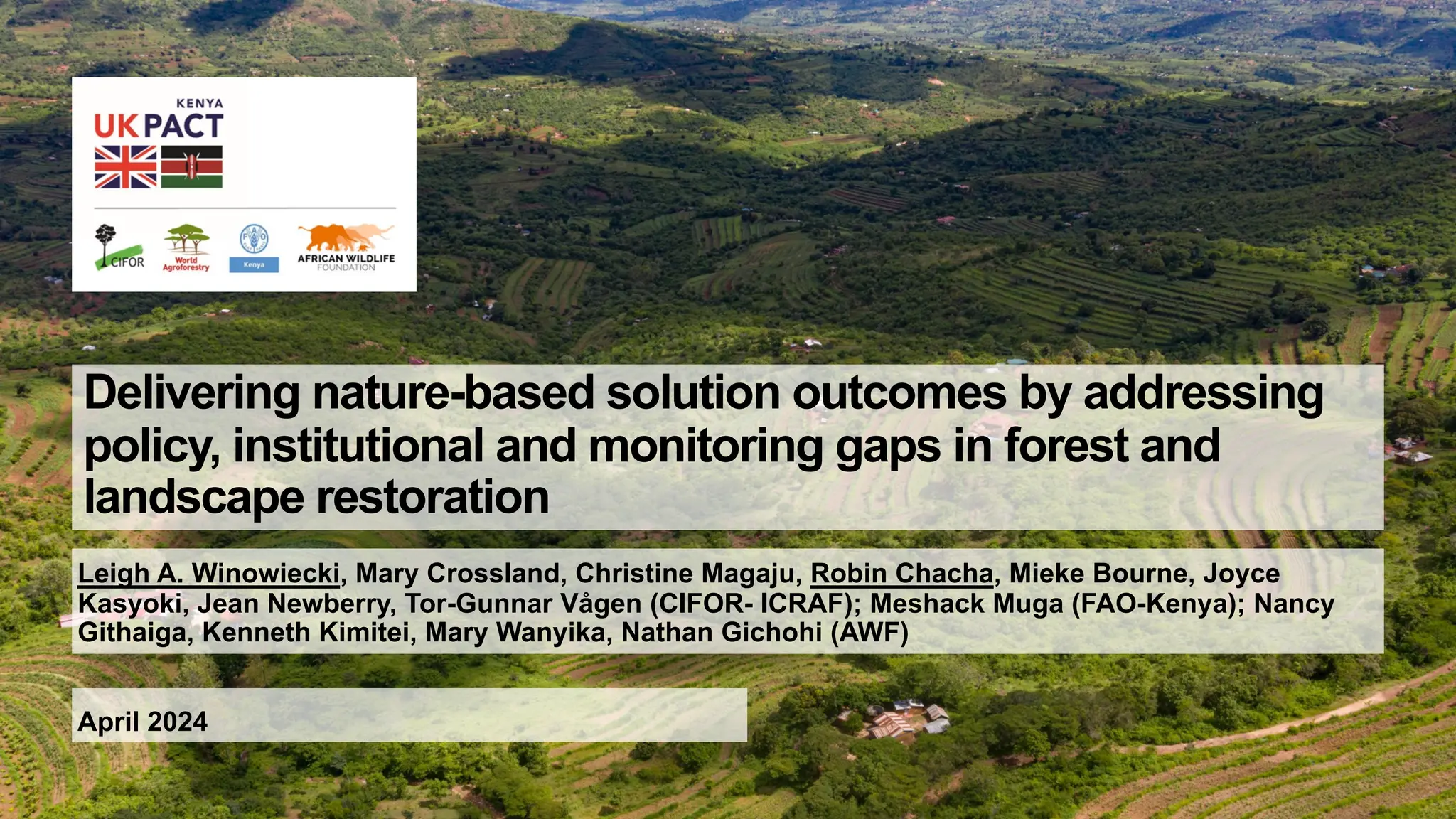With over one third of the Earth’s surface degraded and over 3.2 billion people negatively affected by degradation, continuing business as usual is no longer an option. It is clear that without healthy, well-functioning soil we cannot produce nutritious food and achieve food systems transformation. The UN Decade on Ecosystem Restoration 2021–2030 is a critical call to action and opportunity to restore ecosystem and soil health.
CIFOR-ICRAF is a global centre of excellence for soil and land restoration, integrated soil information, and soil organic carbon accounting, with relevance for food and nutrition security, national restoration goals and climate commitments. Providing rigorous actionable evidence, partnerships and global engagement are core to our work. Through co-leading the Coalition of Action 4 Soil Health (CA4SH) we are ensuring actionable evidence directly informs global soil agendas and ecosystem health investments.
Featured
About this theme
Efforts to avoid, reduce and reverse land and soil degradation are critical pathways to achieving the SDGs, addressing the climate crisis and reaching global restoration targets. CIFOR-ICRAF Soil and Land Health scientists are generating robust data and analysis, from the field to the lab.
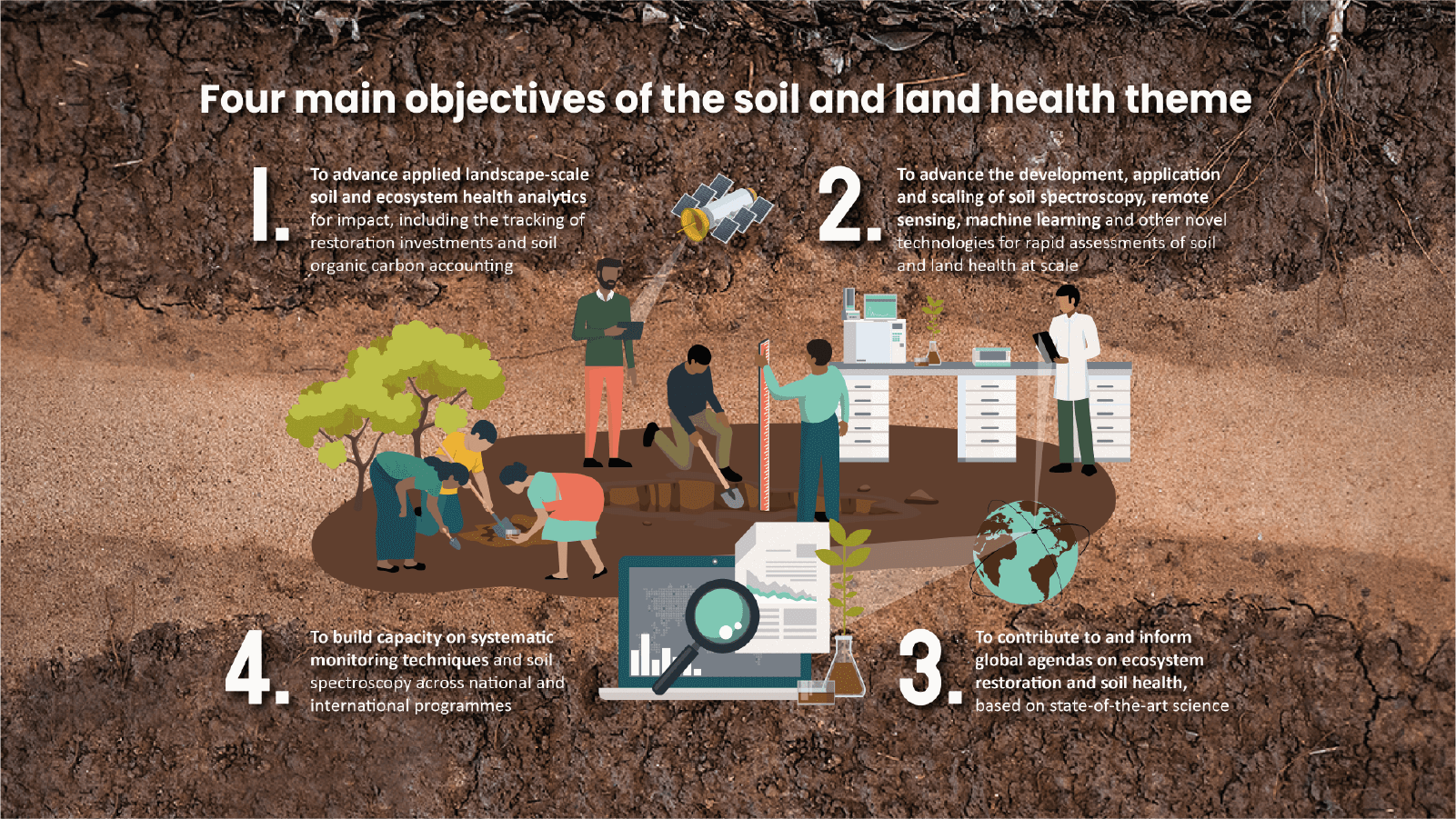

Key objectives of our work
- To advance applied landscape-scale soil and ecosystem health analytics for impact, including the tracking of restoration investments and soil organic carbon accounting
- To advance the development, application and scaling of soil spectroscopy, remote sensing, machine learning and other novel technologies for rapid assessments of Soil and Land Health at scale
- To contribute to and inform global agendas on ecosystem restoration and soil health, based on state-of-the-art science
- To build capacity on systematic monitoring techniques and soil spectroscopy across national and international programmes
Through this research, CIFOR-ICRAF supports the Paris Agreement and the Sustainable Development Goals, particularly Goal 15: Life on Land.
Learn more about our state-of-the-art Soil and Land Health Laboratory.
Soil and Land Health: Fast facts





















